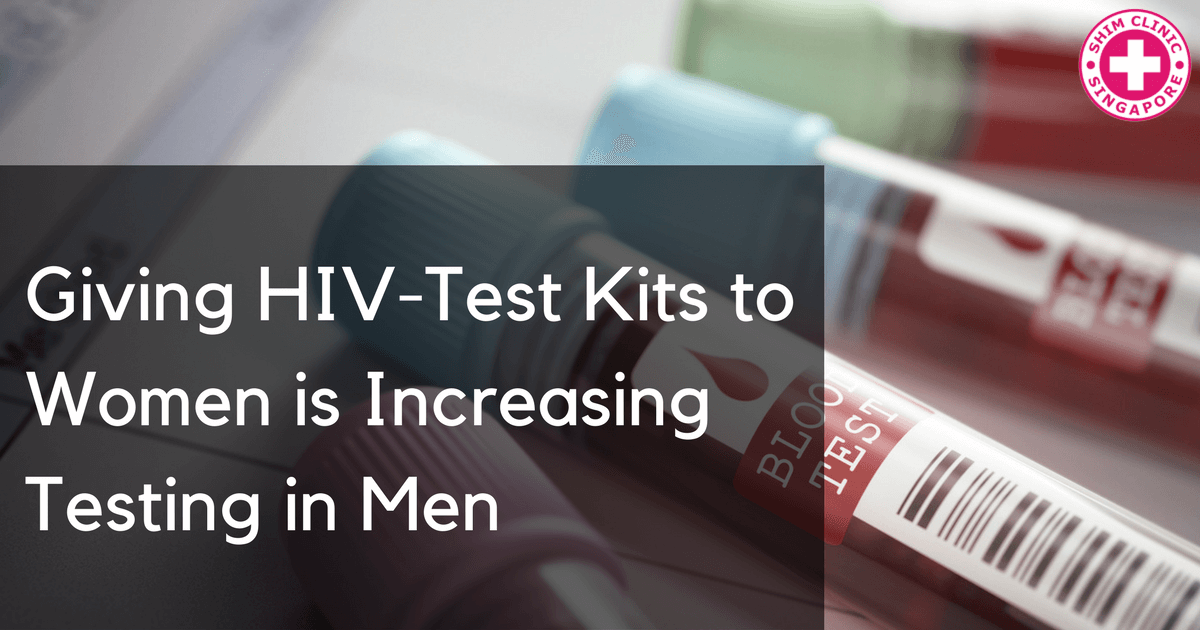Researchers have found that giving women HIV test kits increases testing among their male partners. The research was conducted in sub-Saharan Africa where men go for HIV testing much less compared to women. The study was published in PLOS Medicine in November last year.
The Study
The study was carried out between June 2015 and January 2016 by researchers from the United States and Kenya. The study involved 600 women in the category of 18-39 years who paid a visit to antenatal and postnatal clinics in Kisumu, Kenya. The purpose of the study was to find out if providing HIV self-test kits to the target group would encourage their partners to test for HIV.
HIV Self-Test Kits Crucial in Increasing HIV Testing Rates among Men
The respondents were divided into two groups where one group was given the self-test kits and the other group was not. A follow-up of the two groups after 3 months showed that only 10% of those who were given the kits did not use them as compared to 48% of those who were not given. Additionally, the rate of couple testing was at 75% for those given the kits compared to 33% of those who did not receive the kits.
Harsha Thirumurthy, a correspondent author from the University of North California said that giving women HIV self-test kits played a major and crucial role in increasing HIV testing rates among men who are otherwise hard to reach through the various community-based strategies that may have been put in place or HIV testing clinics. Thirumurthy further added that as the prices for the tests go down; the tests could be better used in countries that are highly affected by HIV.
Training women on the know-how of the self-test kits as well as providing multiple kits for their partners makes the process cost-effective and easy to carry out in the high prevalence countries, said the head of Impact Research and Development Organization based in Kisumu.
Limitations of the Study
As much as the self-test kits make things a bit easy for people who want anonymity, it does have its limitations. The lack of guidance and counselling that usually happens at a STD testing clinic is not an available for people who carry out the self-tests.
As a result, people who may get positive results may harm themselves, have low self-esteem and other feelings that may cause the person to take his/her own life if they are not mature enough or strong enough to deal with the outcome. Moreover, the self-test does not provide 100% anonymity because the individual will have to reveal his/her HIV status at the clinic because he/ she would have to get treatment in the event of a positive result.
HIV self-tests provide a way to get to men who will rarely go for HIV testing which may in turn help in HIV prevention, reducing the number of new HIV infection cases among couples. However, more needs to be done to provide guidance and counselling services to people who want to take the self-tests both before and after the test to better equip them with the necessary information on how to handle the results whether, they are positive or negative.
Reference: PLOS Medicine, 8 November 2016

